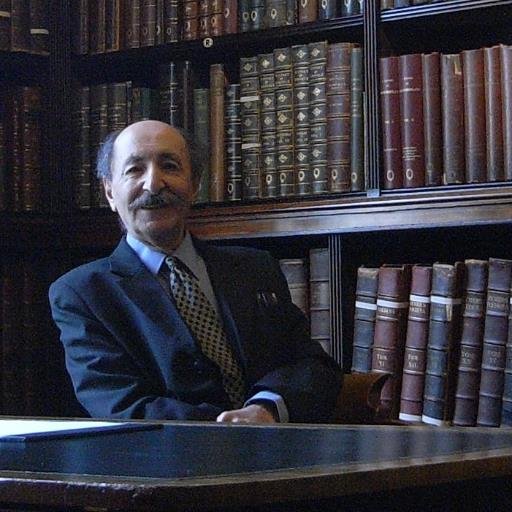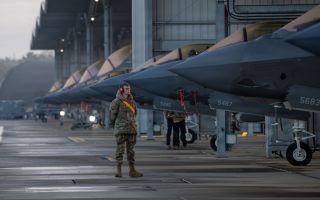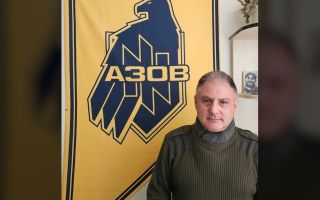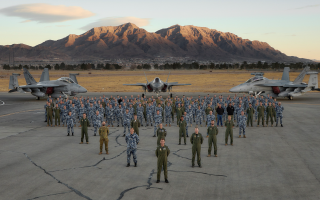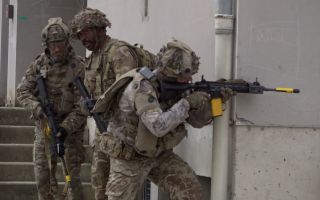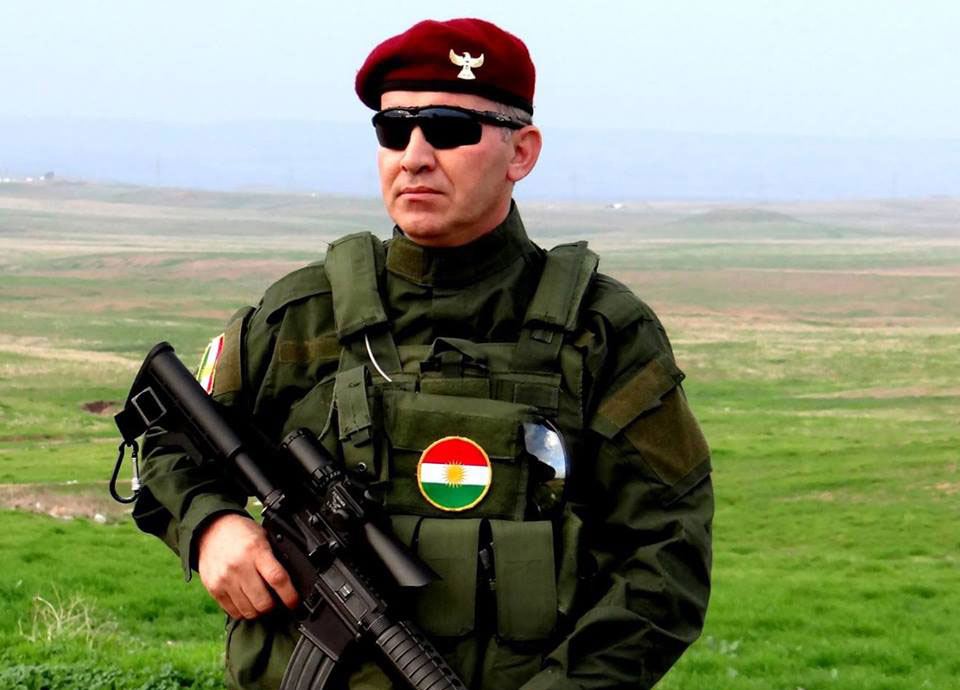
Kurds And Arabs, Ottomans And Safavids: What Next In Iraq?

Article by Hazhir Teimourian, a journalist who was born and brought up in Kurdish western Iran and wrote for the BBC and The Times for many years.
From Washington to Moscow and from London to Tehran, we can imagine top diplomats in a mad flurry as they scratch their heads on how to advise their political bosses regarding the latest crisis in the Middle East.
So Masoud Barzani, the little-known leader of the little-known regional government in northern Iraq, did not listen to their threats of a dozen years and went ahead with his referendum on independence.
They had told him he would risk suicide and plunge the whole of the region into new turmoil.
But now that he has made his rebellion official, what might be done to enable him to save face and yet step back from acting on the mandate that his expectant people have given him so emphatically?
The diplomats and their chiefs will all perceive themselves as truly humane players whose only concern is the preservation of peace and the prevention of suffering.
But whereas in an earlier age, 'the unruly Kurdish tribes of upper Mesopotamia', as they saw them, could be ignored - or even bombed as they were in the 1920s - to submit to the new states they were setting up in Baghdad or Damascus, this time the zig-zag on the ground is much more difficult.
There are other regional powers and the Kurds themselves, too, seem to have found a new unity and a new vigour.
As a man of Kurdish upbringing, and as a professional journalist specialising in the Middle East for over four decades, I have watched the Kurds closely all my life as they have struggled for their very survival.
They have also struggled for a modicum of rights they believe the world has denied them since the late Middle Ages, even though their numbers dwarf the majority of the states in the United Nations.
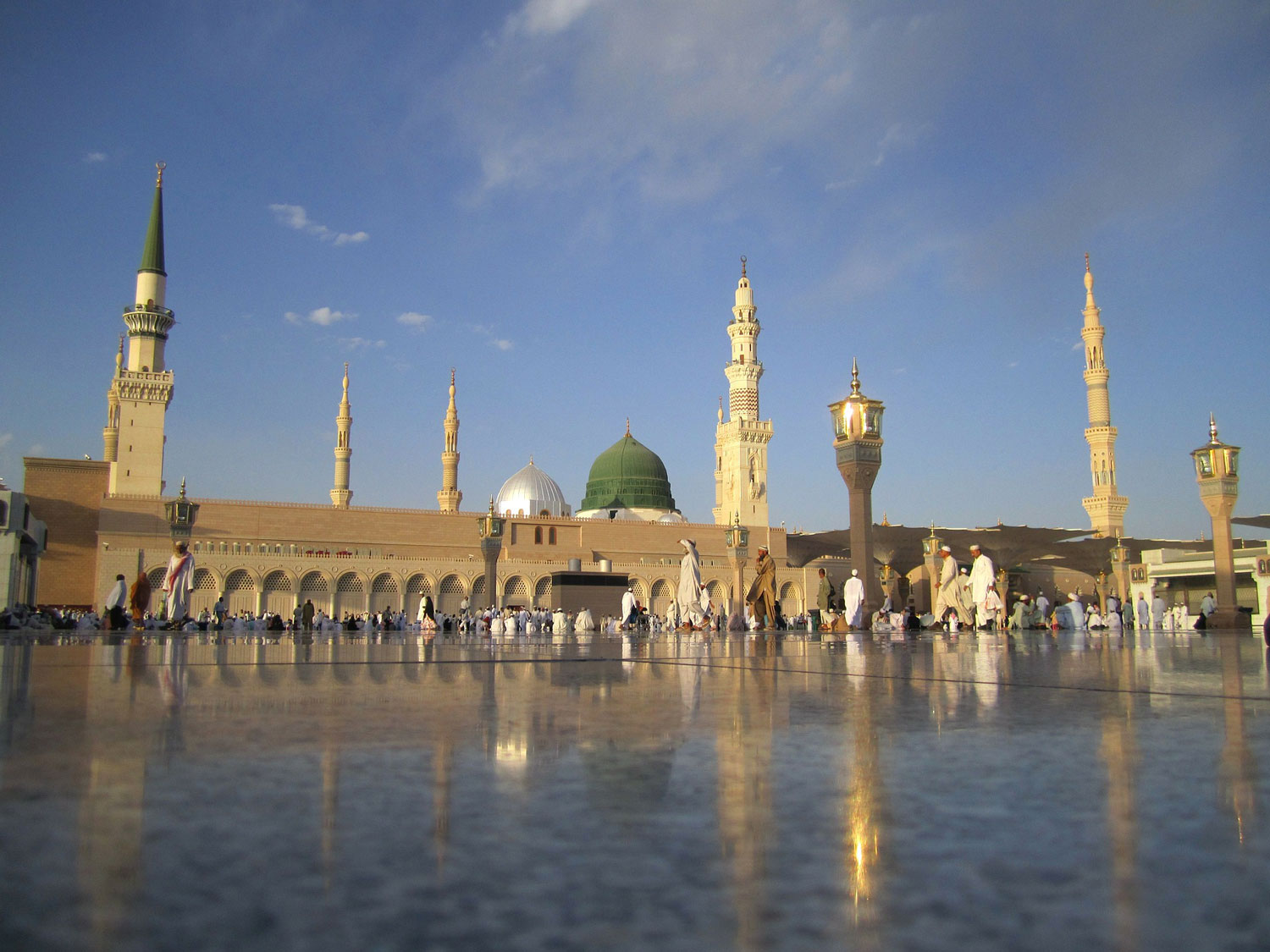
But even I am surprised by the resilience they have shown in recent decades. When they were being gassed in large numbers in Iraq by the monster Saddam Hussein in the late 1980s, I thought they were probably finished as a people.
Next door in Turkey, their very name was banned and the government army had reduced their insurgency to an occasional hit-and-run movement.
In Iran, the Islamic Republic of the Ayatollah Khomeini had turned almost every Kurdish hill into a garrison and in Syria they were being abducted in the middle of the night and scattered among Arabs elsewhere to destroy their language and identity.
But today, in all these countries they are making their presence felt again.
In Turkey, their pursuit of a measure of devolution has become a sizable war and in Syria, Kurdish soldiers (see a member of the Peshmerga, top) are the only effective ally the US-led coalition has on the ground, both against Islamic State and against an eventual Russian take-over of the country through its clients in Damascus.
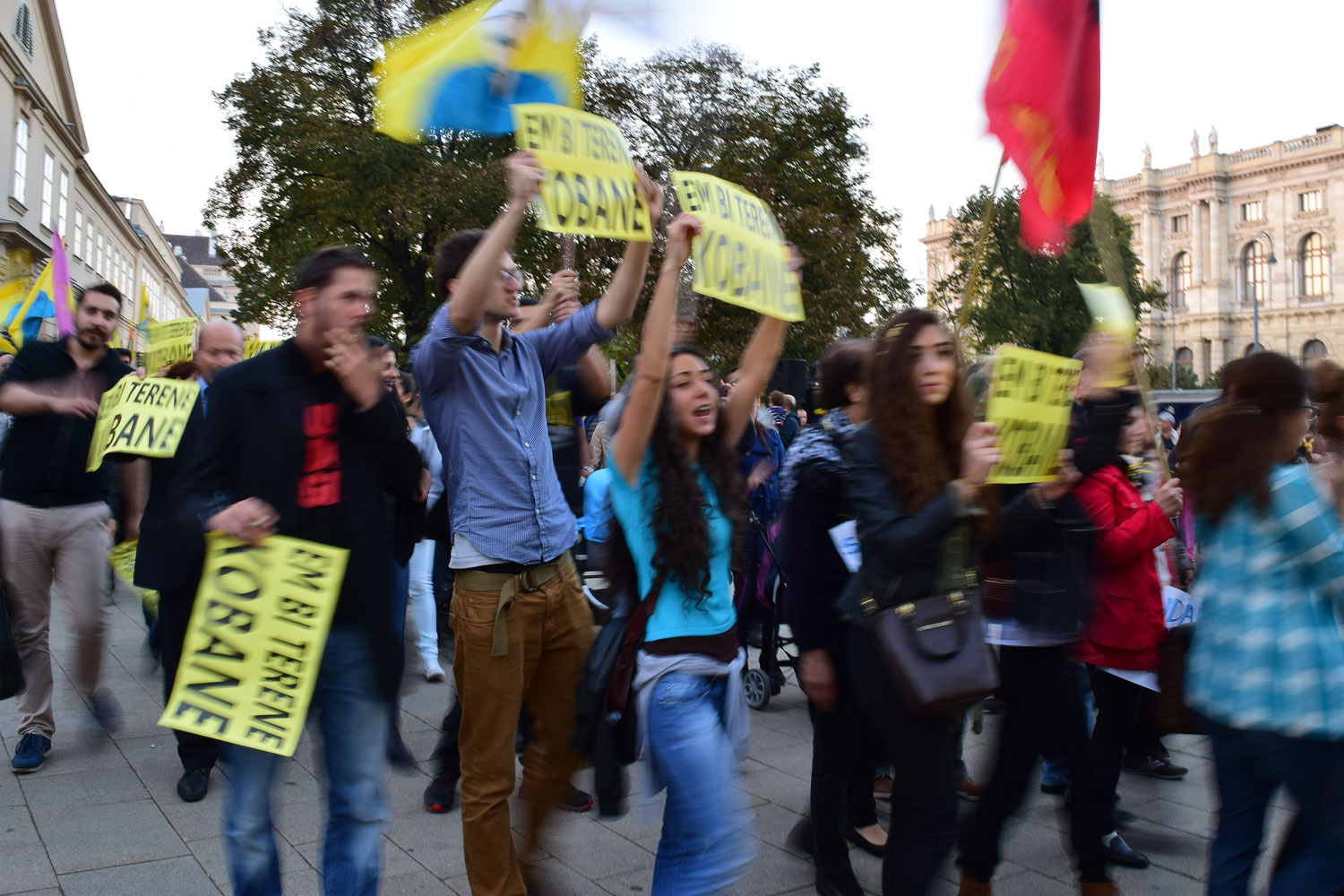
In Iran the other day, thousands of Kurdish youths risked arrest to celebrate the referendum in Iraqi Kurdistan and in Iraq, their autonomous regional government is the only reasonably free and prosperous political entity in the Middle East, apart from Israel.
But as I write, the future of that mini-state looks grim.
Iran has closed its borders to it, as well as the flow of an important river. Baghdad threatens to bludgeon it into submission - unfortunately with the advanced weaponry the Americans have again given it after its rout by IS in 2014 - and Turkey's president says he will strangle it economically if it declares independence.
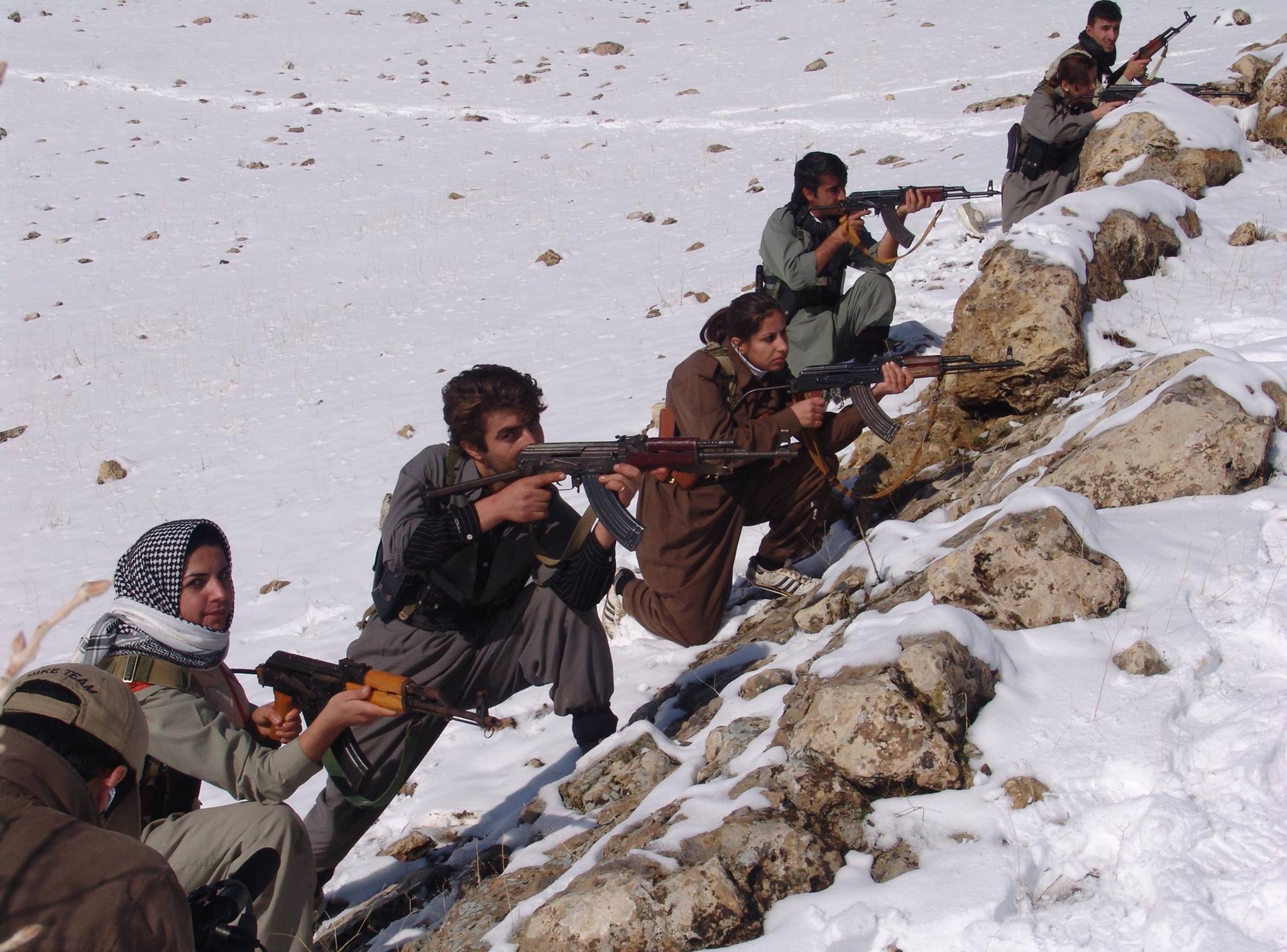
But will Ankara do so? I wonder.
I think a voice inside Erdogan's head may well be telling him not to forget the centuries of struggle that his Ottoman predecessors waged against the Shia Safavid monarchs of Iran for the control of Iraq and Kurdistan, and perhaps that voice also warns him that he may finally be about to lose that fight.
Arab Iraq is now a virtual province of the Safavids' heirs in Tehran and if he, Erdogan, helps Baghdad to extend its sway over Kurdish Iraq, too, he will have lost all chances of at least rescuing part of Mesopotamia as a Turkish dependency, both politically and economically.
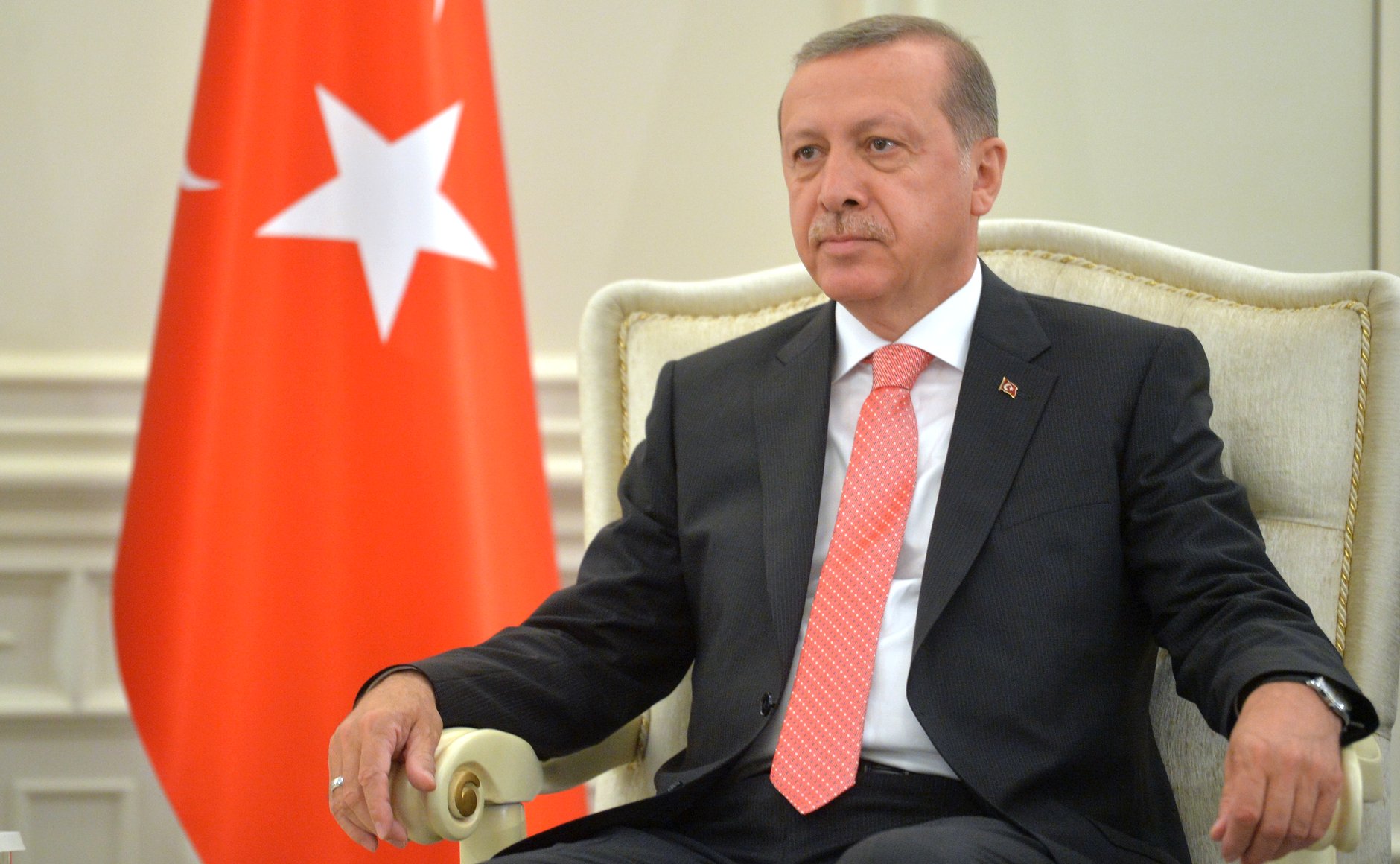
He has the power to make or break Iraqi Kurdistan. Which path will he choose? We will first have to see if Barzani will go ahead with his life-long dream of declaring a free Kurdish state, no matter in how small a corner of Kurdistan.
Interestingly, among the great powers, only Russia seems to have awakened to the resilience that Kurds are displaying and the potential they possess in the new Middle East.
Putin is the only world leader to announce 'support for the Kurds' aspiration to statehood' and urged Baghdad to negotiate to that end.
I wish that my old friend the Foreign Secretary Boris Johnson were as wise as Putin and had not ganged up with Erdogan and the ayatollahs against my other old friend, Masoud Barzani.
Cover image courtesy of Claus Weinberg.
More - Ticking Closer To Midnight: What Will Actually Happen In North Korea
